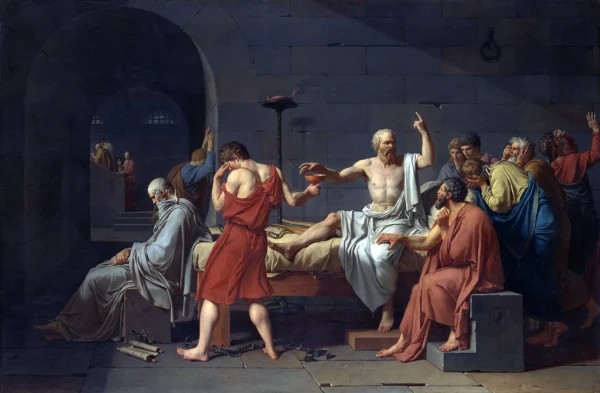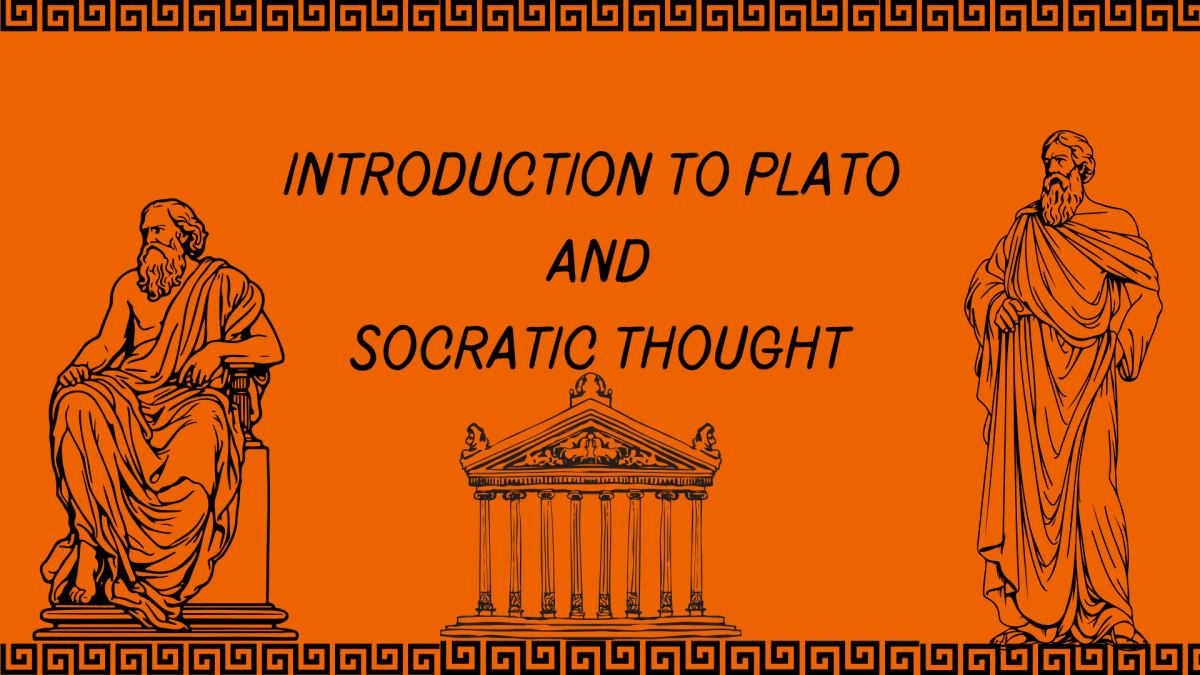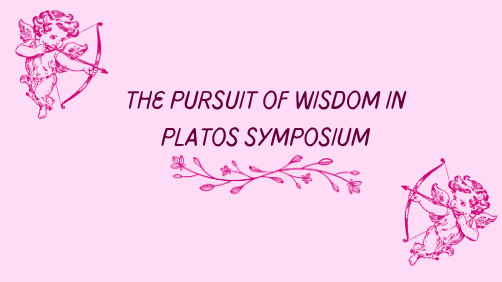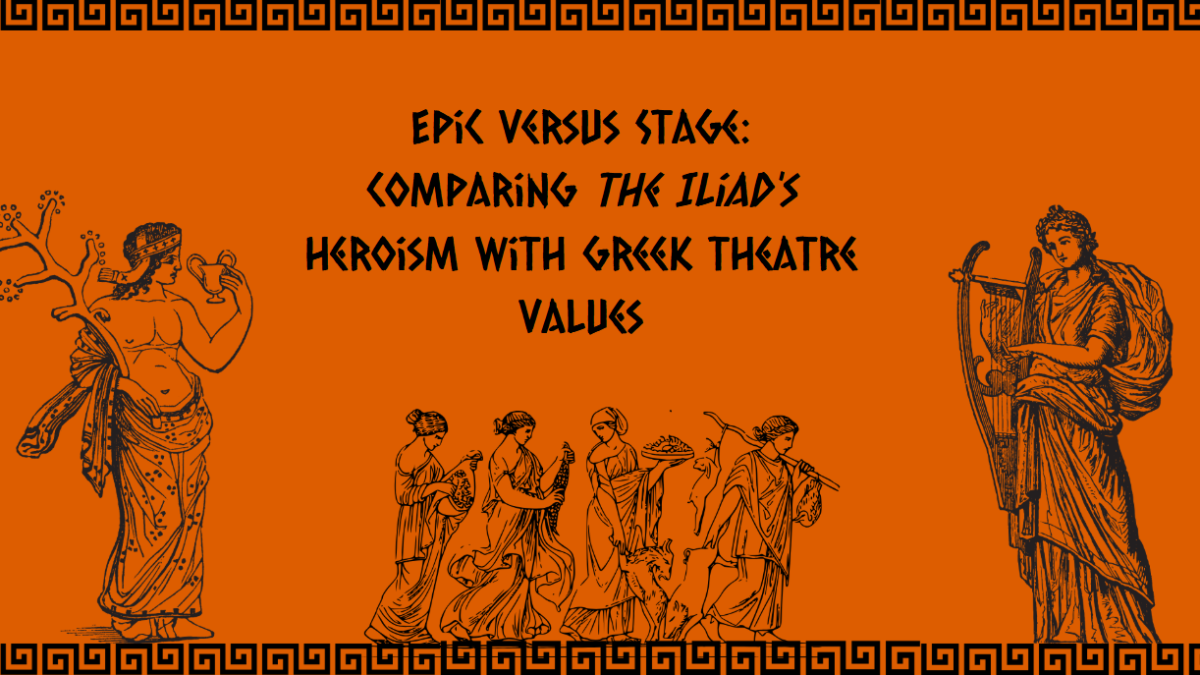Plato was born in 427 B.C.E to Athenian parents who could provide him with ample means, leisure, and the best education. This was not an easy feat, as in 5th century Athens, most were dealing with the ongoing Peloponnesian war, which began in 431, and a devastating plague that infected most of the city’s inhabitants. As an educated boy in Athens, Plato undoubtedly heard the lectures of Gorgias, Pythagoras, and other sophists(a teacher of philosophy and rhetoric); however, in his early years, he seemed inclined towards poetry. W.R.M. Lamb from Harvard University Press mentions this in his translation of Charmides, another one of Plato’s works. He came to manhood in the dismal clothes of the Peloponnesian war when Aristophanes was at the height of his success, and Sophocles and Euripides had produced their last plays; around this time, Plato came into contact with Socrates, whose mental and moral qualities left an impress on the thoughts of humankind from there forward.

Socrates devoted himself to the plan of making definitions of: “beautiful,” “good,” “large,” and so on, as qualities observed in several types of beautiful, good, and large material things and then employing these theories if they appeared reasonable for the construction of higher hypotheses. He made a new science out of a recognized theory of forms, which had come from reflecting on the quality we as people expect from these things. His teachings intrigued men with fresh minds, and since he was accessible, with no school, meaning no fees, he was irresistible to the young men he had frequent speech with.
The earliest of Plato’s dialogues shows how Socrates performed his ministry. He prompted men to know themselves and the authority of intellect. Aristophanes’ mockery and slander of Socrates in the Clouds ( 423 B.C.E.) had left a distasteful impression on the man. In Mary Renault’s “The Mask of Apollo,” the narrator, Athenian actor Nikeratos, says, “If [Socrates] was really such a man as Plato makes him, then his death was murder, and Aristophanes hands are far from clean.” So, it did not come as a surprise that a city recovering its political strength decided to silence such a powerful voice. On February 15th, 399 B.C.E, Socrates was executed by the Athenian court on charges of impiety and corrupting the youth; Plato wrote the details of his trial in his “Apology.”

For a city praised for its intellectual and political liberty, the reasons for the execution of Socrates was a controversy. Socrates being executed for his radical ideas strengthened his commitment to philosophy. Through his dialogues Plato chronicled the teachings of his mentor but also laid out the foundations of western philosophy. Despite political tensions during his time, Socrates’ legacy endures as a testament that sometimes it’s not about getting the right answer; it’s about asking the right questions.

































